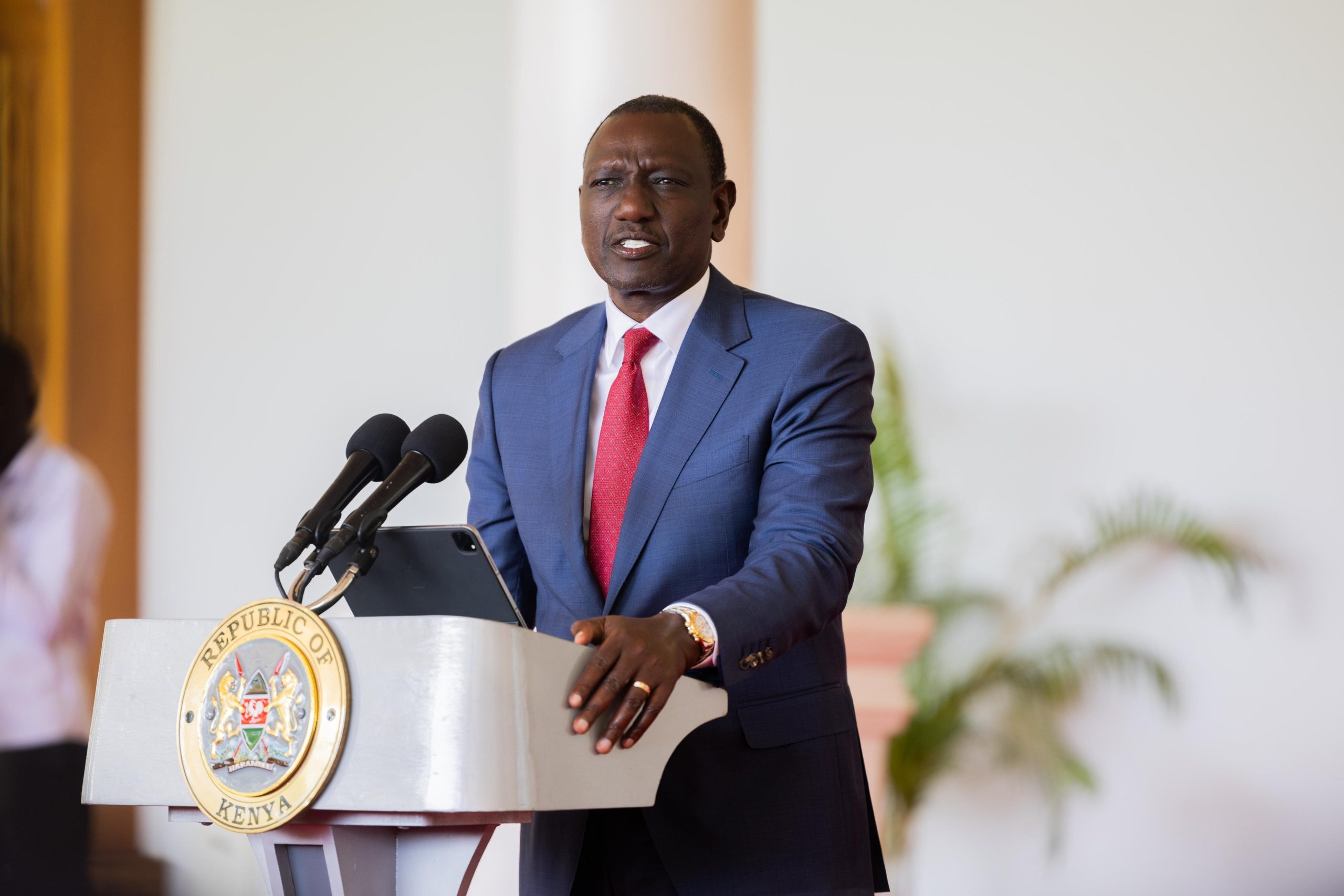Kenya and Germany have signed a landmark Comprehensive Migration and Mobility Partnership Agreement in Berlin, setting the stage for enhanced cooperation in labour mobility, education, and vocational training.
The agreement was witnessed by President William Ruto and German Chancellor Olaf Scholz during President Ruto’s two-day visit to Germany, marking a significant milestone in the bilateral relationship between the two countries.
The agreement provides a robust framework for cooperation and information exchange on a variety of crucial areas, including labour mobility, apprenticeships, student training, labour market needs, employment, and the welfare of employees.
It also covers provisions for the readmission and return of employees, creating a comprehensive structure for managing the movement of workers between the two nations.
During the signing ceremony, Kenya’s Prime Cabinet Secretary Musalia Mudavadi and Cabinet Secretary for Foreign Affairs, alongside Germany’s Minister of Interior, formalized the partnership.
The agreement is expected to offer numerous benefits for Kenya, particularly in the area of skilled labour migration.
As part of the deal, Germany will issue long-stay residence visas for eligible Kenyans to pursue vocational training and education in the country.
Upon the expiry of the long-stay visa, Kenyans may receive a temporary residence permit for up to two years to continue their studies in Germany, with the possibility of further extensions if required.
One of the key aspects of the agreement is Germany’s commitment to waiving the labour-market test for Kenyans seeking employment.
This will ease the process of securing work in Germany for skilled Kenyan workers who have completed vocational training or hold university degrees recognized by both countries’ competent authorities.
Additionally, both nations will collaborate on vocational education and training, with Germany providing support for capacity-building and skills development in Kenya.
President Ruto’s visit to Germany comes at the invitation of German President Frank-Walter Steinmeier, who invited Kenya as this year’s Profile Partner Country at the Annual Citizens’ Festival, also known as Burgerfest.
This marks a historic moment as Kenya becomes the first non-European country to receive this honour.
Kenya’s Ambassador to Germany, Stella Orina, emphasized that the festival presents a unique opportunity for Kenya to showcase its economic potential, investment opportunities, and market stability to a diverse audience that includes business leaders and investors.
Orina noted that the timing of President Ruto’s visit offers a prime opportunity for further bilateral engagements with both the German President and Chancellor.
The discussions are expected to deepen ties in various sectors, including tourism, trade, and cultural exchanges, while also promoting Kenya’s commitment to creating a conducive business environment for foreign investors.
While in Germany, President Ruto will also meet with business leaders at a CEO Forum to discuss investment opportunities in Kenya and promote the nation as a prime tourism destination.
The President’s presence at the Burgerfest will further solidify Kenya’s image in Germany, with exhibitors such as the New Kenya Planters Co-operative Union (KPCU) and the Kenya Diaspora Alliance Germany already showcasing Kenya’s progress in agriculture, trade, and culture.
Cyrus Robiro, Chairman of the Kenya Diaspora Alliance Germany, emphasized the importance of President Ruto’s attendance at the event, stating that it will significantly boost Kenya’s profile in Germany.
“The strong relations between Kenya and Germany will boost trade and address unemployment at home as many Kenyans will get job opportunities here in Germany,” he said.
The Comprehensive Migration and Mobility Partnership Agreement marks a new chapter in Kenya-Germany relations, opening doors for skilled Kenyans to access employment and training opportunities in Germany while enhancing cooperation in various sectors that will benefit both nations in the long term.





